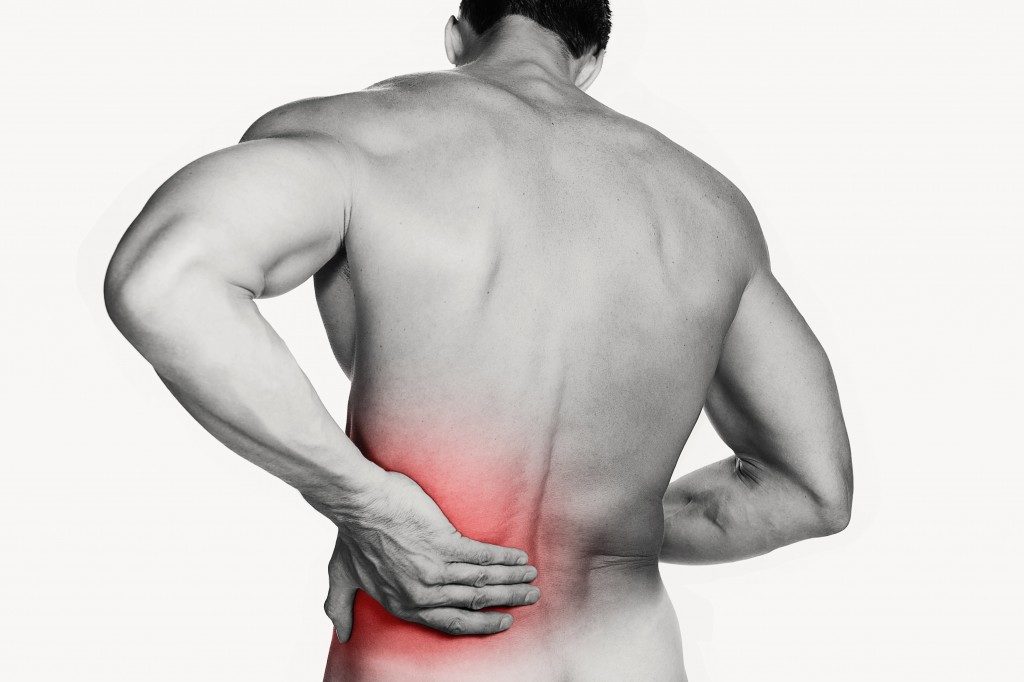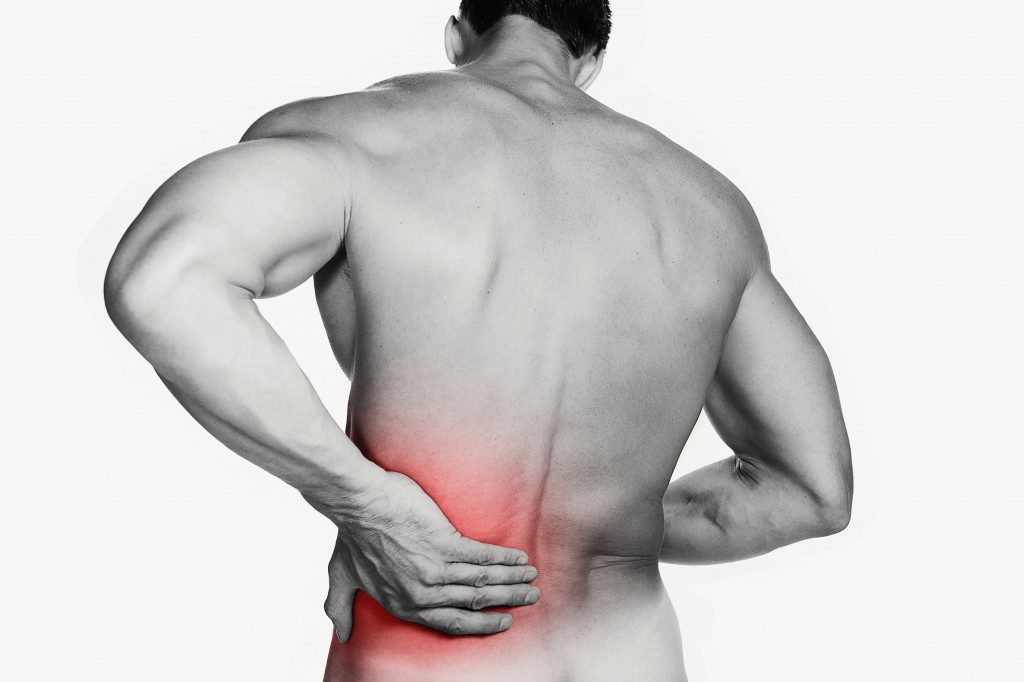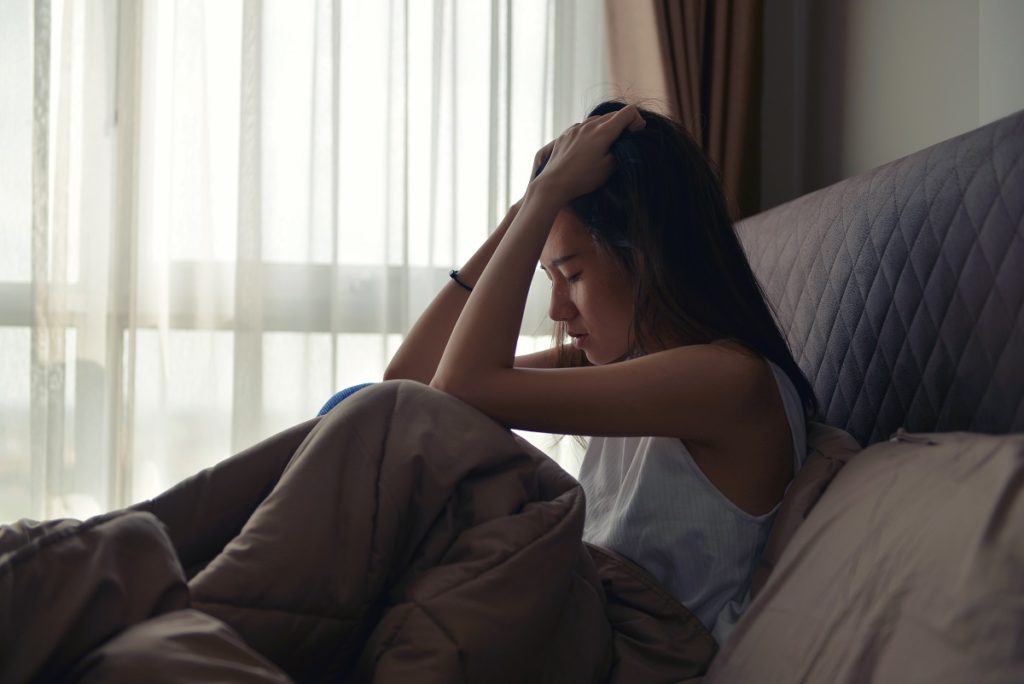Lower back pain is one of the most common reasons people go to the hospital, but it’s rarely serious. Most cases of back pain are categorized as nonspecific or having no obvious cause. Others are due to lifestyle triggers such as wearing high heels, having poor posture, being overweight, and smoking.
Most cases of lower back pain typically go away on their own with rest. However, in rare cases, an illness or injury can cause low back pain. You may need to seek professional help to relieve your back pain.
The following are some signs that your back pain may be a symptom of a health issue—one that requires immediate medical attention.
Your Back Pain Started Suddenly
Acute back pain is sometimes caused by injury to the muscles, ligaments, or joints that surround the spine. Lifting heavy objects without proper technique, twisting while lifting, and constant strain on the back can cause lower back pain.
Severe low back pain that starts suddenly and is accompanied by numbness, tingling, or weakness in the limbs may be due to a herniated or ruptured disc. This condition occurs when one of the discs between the spinal vertebrae slips or ruptures. Low back pain that wakes you up can also be caused by a herniated disc.
Your Back Has Been Aching for Six Weeks or More
Chronic back pain can be due to one factor or a combination of many. Some examples are years of poor posture, scoliosis or curvature of the spine, a traumatic injury, and nerve damage. In some cases, chronic back pain is caused by an injury that has healed poorly or an underlying disease such as:
- Arthritis
- Multiple Sclerosis
- Cancer
- Fibromyalgia
- Kidney Stones
Identifying the cause of chronic back pain can be difficult because, while it may have started due to an illness or injury, the pain may be aggravated due to a psychological component. Depression, anxiety, and other mental issues can affect how a person perceives the severity of the pain.
You Lost Weight Without Trying To
Rarely, a tumor or an infection can cause low back pain. If you find that you’ve shed a few pounds even if you haven’t changed anything in your diet or level of physical activity, it’s best to seek medical advice. Your physician will order tests to determine whether your weight loss is associated with your back pain and if there’s an underlying medical condition that needs to be treated.
Most of the time, low back pain has no identifiable underlying cause and goes away without treatment. However, if your back has been aching for four weeks or more, the pain is worsening, or you’re experiencing other symptoms, you may want to schedule a consultation with your primary care doctor.
To help manage low back pain, you may be referred by their primary care doctor to a health professional like a physical therapist, massage therapist, or chiropractor in the area. With rest and treatment, many people with low back pain experience reduced pain intensity and improved function.







